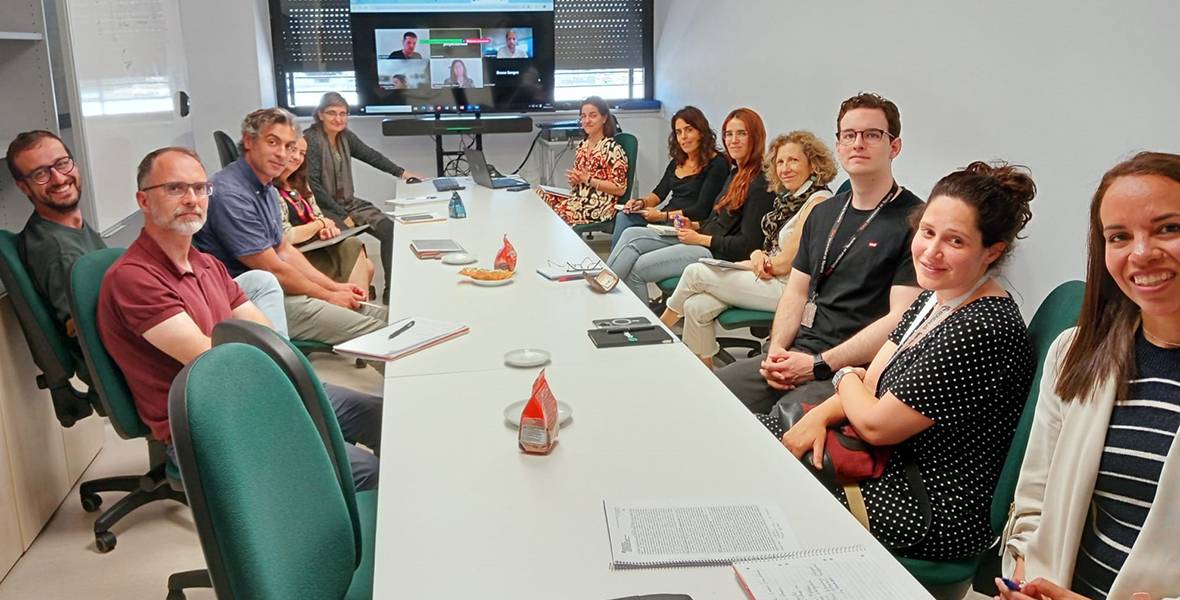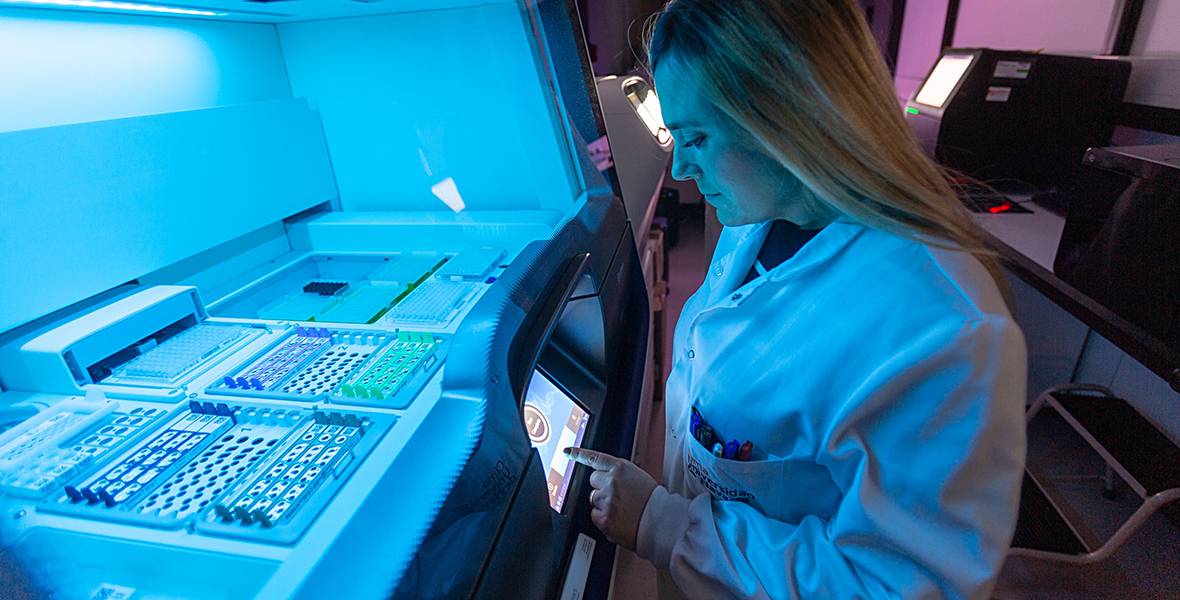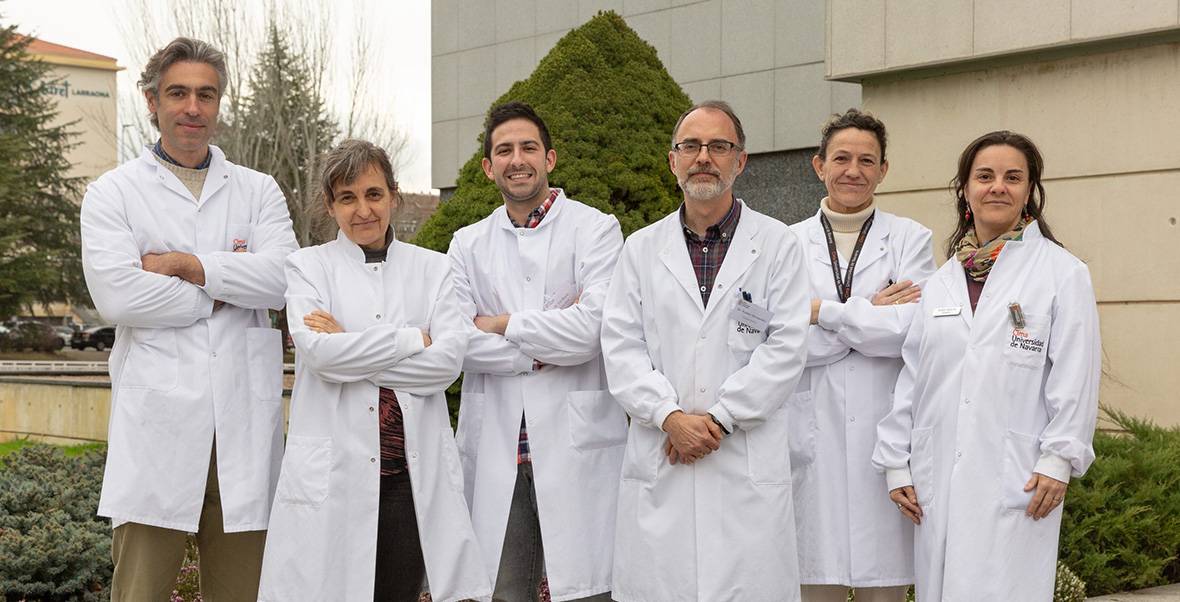ALBA Project
Antigens for Liver and Breast Anticancer vaccines

Immunotherapy treatments for cancer have brought about an unprecedented therapeutic revolution. In just a few years, antibodies that block immunosuppressive factors, such as PD-1 or PD-L1, have become established as first-line treatments, and chimeric antigen receptor modified T cells ("CART") are already being used in the treatment of hematological tumors. However, after the initial great expectations, the limitations of these therapies have also become apparent: many patients do not respond and others are forced to abandon treatment because of unbearable side effects.
To increase the number of patients who can benefit from immunotherapy treatments, new strategies must be developed to enhance the immune system's ability to detect and destroy tumor cells. One of the most promising of these is vaccines against tumor antigens. After several decades of using vaccines directed against classical antigens, which have yielded poor results, neoantigen vaccines, derived from tumor mutations, are being developed in recent years. Although the results of these clinical trials show efficacy, these vaccines are very costly (in time and money) and are specific for each patient, which makes their clinical translation difficult.
| Funder: |

Need more information?
If you are interested in learning more about our research, please contact us.
Coordinator and partners
ALBA project participants
Project coordinator:
- FIMA through Cima Universidad de Navarra
Project partners:
- Fundación Miguel Servet a través de Navarrabiomed
- Clínica Universidad de Navarra
- Hospital Universitario de Navarra
- NNBi
- NUCAPS
- ADItech
- NASERTIC
Objectives of the ALBA project
Development of cancer vaccines based on tumor microproteins (MPs)
Diagnose, recruit, obtain and store samples
from patients with triple negative breast cancer, hepatocarcinoma and other tumors.
To develop state-of-the-art technology
to catalog the tumor microproteome.
Apply bioinformatics and AI strategies
to find clinical associations of the microproteome with diagnosis, prognosis and treatment and identify recurrent and tumor-specific immunogenic MPs.
Promote the clinical and biotechnological translation
of this personalized medicine strategy.
 ALBA Project participants
ALBA Project participants
|
|
|
|
|
|
|
|
|
|
|
|
|
|
|
|
|
|
|
|
|
|


